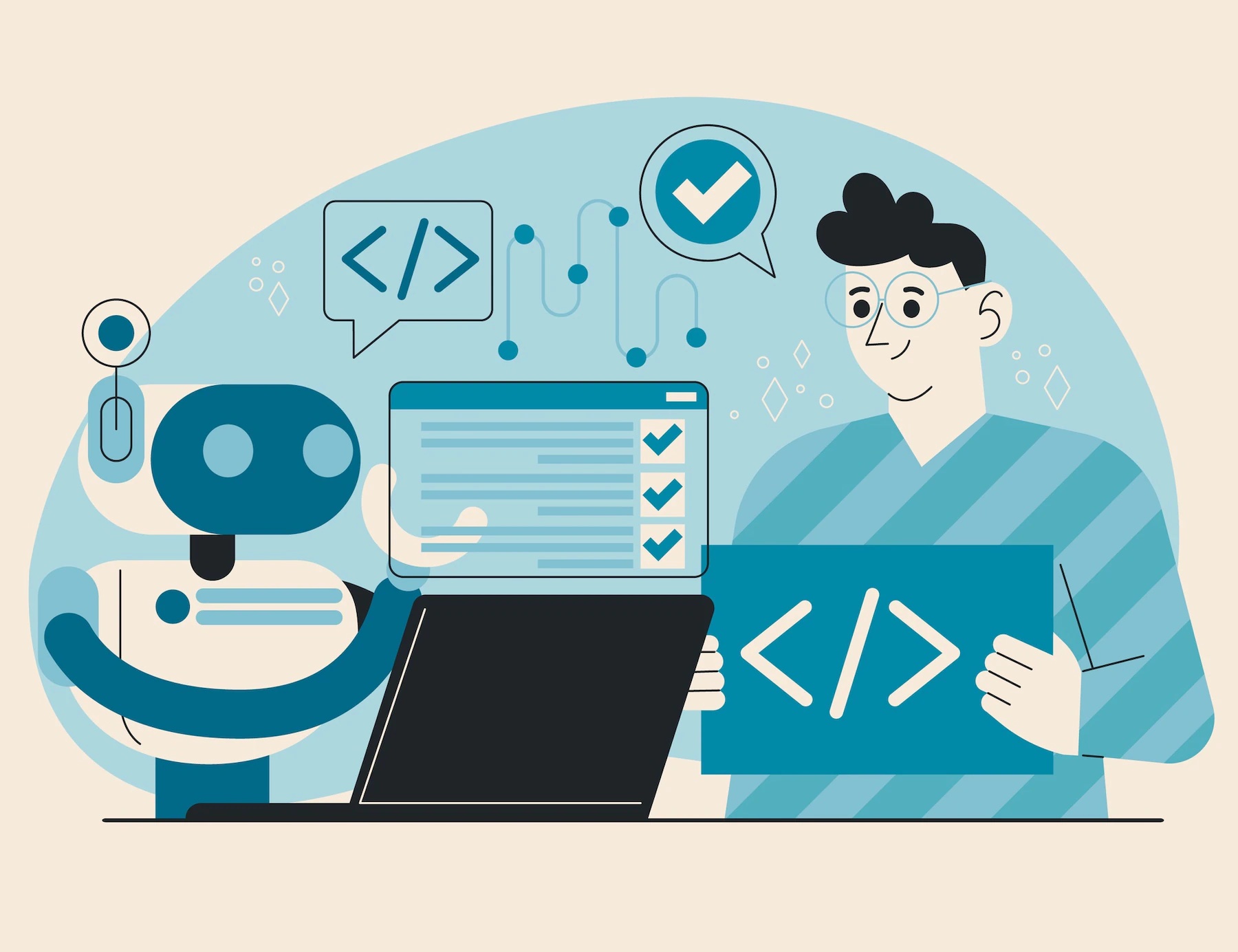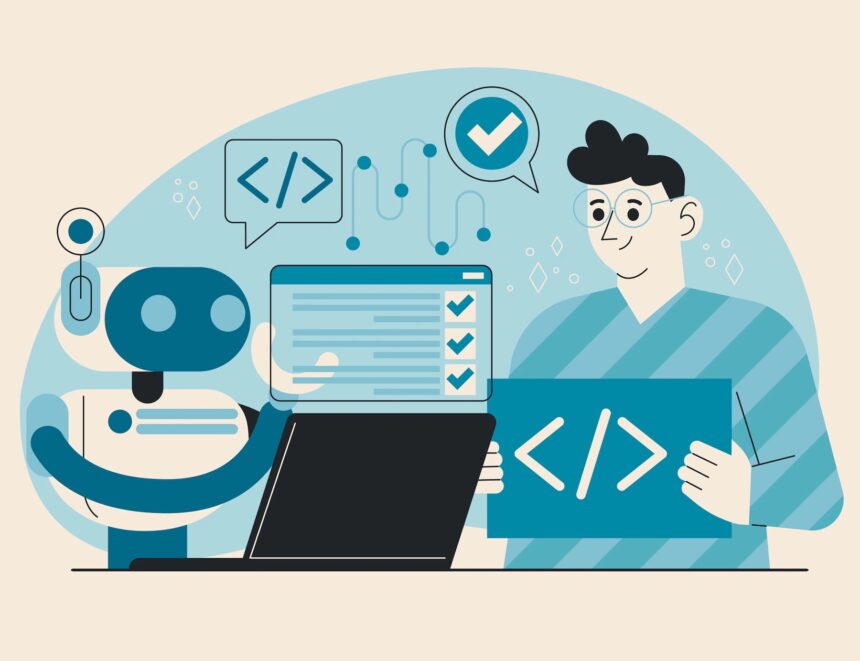
Introduction: Automation vs AI
Automation vs AI: Automation and Artificial Intelligence are often used interchangeably, but there are differences between the two. The term is used when it is applied to software or physical robots and other machines that allow us to operate more efficiently and effectively. Whether it be the mechanical piece that assembles a car or sending an email the following day after your customer hasn’t completed an order, there is a robot involved.
However, there are quite a few differences between the complexity level of the two systems. In essence, automation is the process of developing hardware or software that is designed to be able to do things automatically – without a human being intervening.
However, Artificial Intelligence is a field of study and engineering, as opposed to being just a science or a type of technology. The goal of artificial intelligence is to create machines or software that can mimic, and in time, supersede human behavior and intelligence.
Also Read: The Role Of Artificial Intelligence in Boosting Automation
What is Artificial Intelligence?
Generally speaking, Artificial Intelligence, or AI as it is popularly referred to, is a science that develops machines to solve problems and perform some tasks that are too complicated for the human brain to handle on its own. Artificial intelligence is the process of making computers think like humans, creating machines with brains, in the fullest and most literal sense. The concept of artificial intelligence is not science fiction, but actually science based on the concept of intelligent machines. There is no doubt that artificial intelligence is not new; some of the examples are what you might have already seen in movies such as planes without pilots, automobiles without drivers, robots doing work, etc. Besides the gaming consoles, there are many other examples of artificial intelligence that are so common and familiar to you that you might not even realize they are there, like the computer that we use every single day, satellite television, smartphones that we use every minute of every day, and even the satellite dish on our roof. Advanced AI can mimic human thinking and sometimes behavior, most AI that we know of today is based on the data we have collated today and most machine learning models have bias built in.
What is Automation?
In other words, automation is the use of technology to automate processes with little or no human involvement. In order for automated systems to be effective and efficient, they need to be capable of doing monotonous and repetitive tasks effectively and automatically. It is a known fact that automation plays an important role in many industries. The limitless capabilities of machines to achieve automation are no new development.
We live in an age of automation. Basically, any device or machine that operates autonomously is a system that is automated. The real-life examples of automated systems that you come in contact with every day are innumerable. Examples include payment apps, thermostats, coffee makers, ATM machines, automated parking systems, automated machine assembly, shopping apps, and so much more. There are so many different applications of automation, and they are all hidden from us. There are two general categories that can be applied to automated systems: fixed automation and programmable automation. Robotic process automation is advanced intelligent automation.
Also Read: Automation in small steps.
Terminology
Automation and artificial intelligence (AI) are very often used interchangeably; the two words don’t necessarily refer to the same thing. In fact, there is a difference between the two terms. The science of artificial intelligence is the study of designing machines able to solve problems and accomplish certain tasks which are too complex for the human brain to handle alone. Automating a process, on the other hand, entails using technology to automate the process with minimal or no interventions from a person. It is a process by which machines are able to perform tasks that would otherwise be impossible or difficult to be performed by humans. In contrast, artificial intelligence is a simulation of human intelligence.
Difference between Artificial Intelligence and Automation
An artificial intelligence(AI) refers to the synthesis of a collection of different technologies that enables a machine to act as the equivalent of a human with respect to intelligence. In order to reach a specific conclusion, it was necessary to draw lessons from past experiences and to self-correct in order to make a certain decision.
Automatism is defined as a process that contains a set of rules and patterns for automating repetitive tasks with little or no human interaction by following specific patterns and rules. We use automation every day and everywhere in our lives. Among the many industries that utilize automation are the E-Commerce, Banking, Telecommunication, etc.
Also Read: Artificial Intelligence + Automation — future of cybersecurity.
Objective
In the field of artificial intelligence (AI), we are increasingly using machines that are highly intelligent in order to accomplish tasks that are normally done by intelligent humans. It is the science and engineering of creating machines which are intelligent enough to mimic human intelligence and behavior. A big part of the concept of AI is creating technology that will allow computers and machines to be able to think, behave and learn like people. Automation is a technology that simplifies and speeds up common, repetitive tasks in order to increase productivity and efficiency of output, with less or no human involvement in the process.
Artificial Intelligence
- AI makes decision based on the learning from past experience & information it receives.
- AI is system that helps experts to analyze situations and arrive at certain conclusion.
- AI is for non-repetitive tasks.
- AI involves learning and evolving.
- AI have interaction with humans and it learns from past experience and compare the situations and then work according to it.
Examples of artificial intelligence include ride-sharing apps like Uber and Lyft, speech recognition, problem-solving, machine learning, smart email categorization, spam filters, Amazon Alexa devices, Chatbots, Apple’s Siri, Google Now, Internet of Things, Google Predictive searching, Product recommendations, and more.
Automation
- Automation is like pre set and self running to perform specific tasks.
- Automation is kind of machine programmed to carried out a routine job.
- Automation is for repetitive tasks based on the commands and rules.
- Automation does not involves learning and evolving.
- Automation does no interaction with humans and it works on instructions.
- Automations need manual configuration at times.
Examples of automation include form auto-filling, customer support, digital signatures, robotic process automation, automatic assembling, employee analytics, online banking, payment processing, numerical control machines, material handling robots, highway systems, automated waste management, automated retail, video surveillance, etc. One of the common examples of an automated system is a thermostat used on household appliances.




